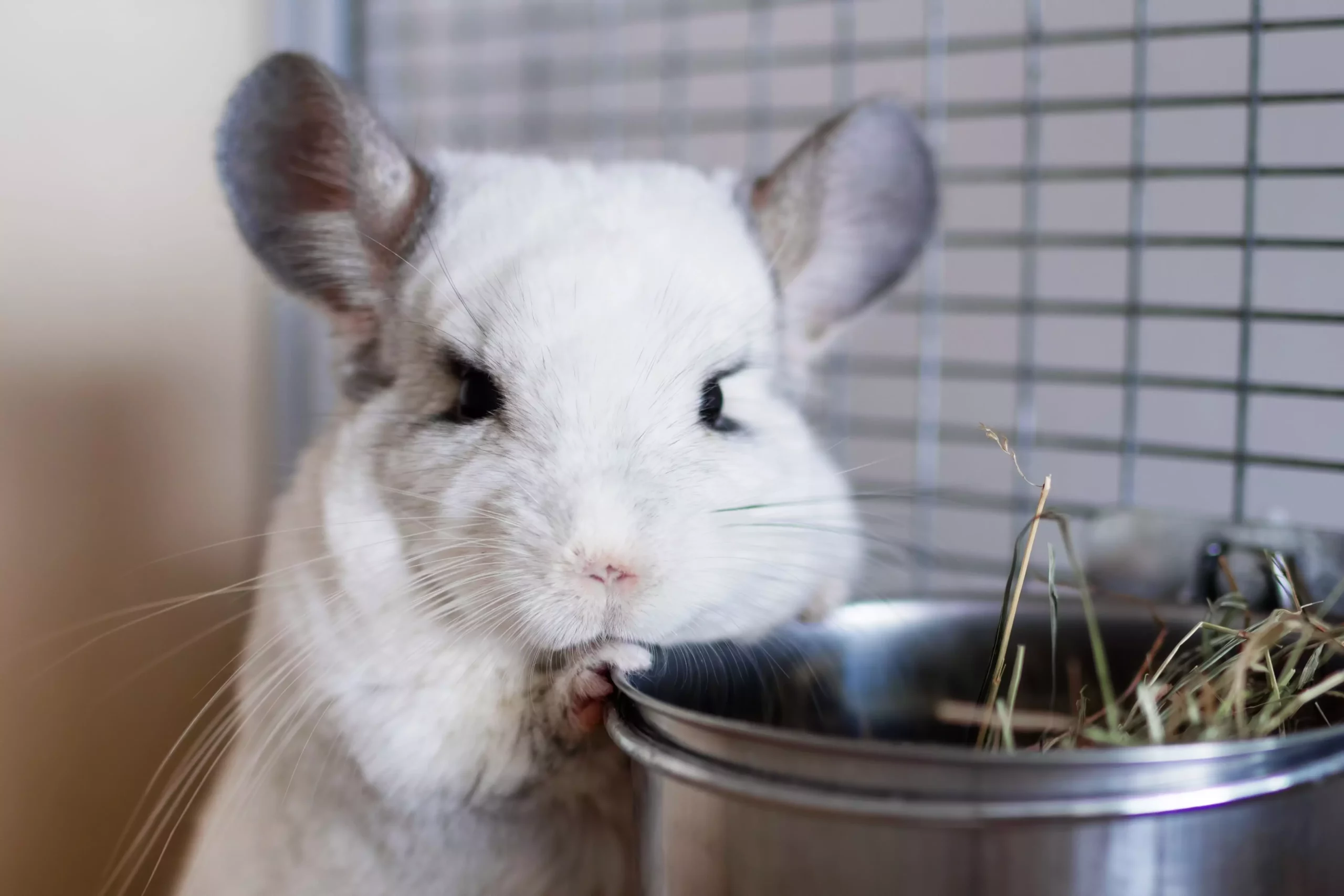Chinchillas are enchanting creatures that have captivated pet enthusiasts with their soft fur and playful demeanor. However, these lovely rodents may not be suitable companions for everyone. In this article, we will explore the distinct characteristics of chinchillas, evaluate the advantages and disadvantages of keeping one as a pet, and offer practical advice to prospective owners contemplating bringing home this charming animal.
Before adopting a chinchilla, it is essential to understand their unique traits. Chinchillas are active, nocturnal animals that thrive in environments where they can climb, jump, and explore. Their curiosity can lead them into trouble if their surroundings are not adequately prepared. Moreover, chinchillas have specific social, dietary, and environmental needs that must be carefully considered.
These animals can be quite shy and require a patient owner willing to earn their trust over time. Some chinchillas are more naturally inclined to be social and affectionate than others; however, the level of interaction largely depends on their prior experiences and handling. Prospective owners should be ready to invest time and effort into understanding their chinchilla’s personality.
When selecting a chinchilla, health should be a number one concern. Common signs of illness include lethargy, abnormal eating habits, or changes in fur quality. Even though some diseases can be hidden, a brief health check can help in identifying immediate concerns. It is crucial to steer clear of chinchillas that are showing any obvious symptoms of illness and to avoid those living with other visibly unwell animals. Selecting a chinchilla in good health increases the likelihood of a successful and happy pet ownership experience.
While chinchillas are generally hardy creatures, they can be susceptible to specific ailments, thus it is vital to find a veterinarian familiar with exotic pets. Regular health check-ups coupled with a proper diet can significantly enhance your chinchilla’s quality of life.
A spacious cage is crucial for a chinchilla’s well-being. Ideally, the enclosure should have multiple levels to facilitate climbing and exploring, providing variations in elevation that keep these nimble creatures entertained. In addition to the cage itself, owners will need to invest in several essential accessories, including a water bottle, a nest box, a dust bath, and various chew toys to promote mental stimulation and dental health.
Chinchillas have very particular dietary needs; they require a diet consisting primarily of high-fiber hay to support their digestive systems. A poor diet can lead to serious health problems. Owners should monitor treats carefully, as chinchillas, much like humans, can develop a preference for sweeter, less healthful foods.
Maintaining a chinchilla’s stunning coat is paramount. Unlike many other pets, chinchillas should never be bathed in water; instead, they require regular dust baths using special chinchilla dust. This dust not only cleans their fur but also allows them to enjoy a familiar, therapeutic routine. Establishing a consistent grooming practice will ensure their fur remains glossy and healthy. Additionally, it can serve as a bonding moment between pet and owner.
The journey toward socializing a chinchilla can be gradual. Many chinchillas may prefer to scurry around and explore rather than be restrained or held. However, through gentle handling and consistent interaction, owners can build a rewarding relationship with their chinchilla. Interactive playtime, where chinchillas can engage with toys or safely explore outside their cage, is integral to keeping them healthy and happy.
To ensure a safe environment during exploration, owners must chinchilla-proof their homes. This involves securing electrical cords and hazardous objects that could potentially harm these inquisitive rodents. Supervision during playtime is essential to prevent accidents or ingesting harmful items.
Adopting a chinchilla can be a rewarding experience for those who understand their unique requirements. By preparing a healthy environment, providing a quality diet, and committing to regular grooming and socialization, chinchilla owners can foster a nurturing relationship with these delightful, yet specific pets. For those willing to embrace the joys and challenges of pet chinchillas, the payoff is a life filled with affection, entertainment, and companionship.

